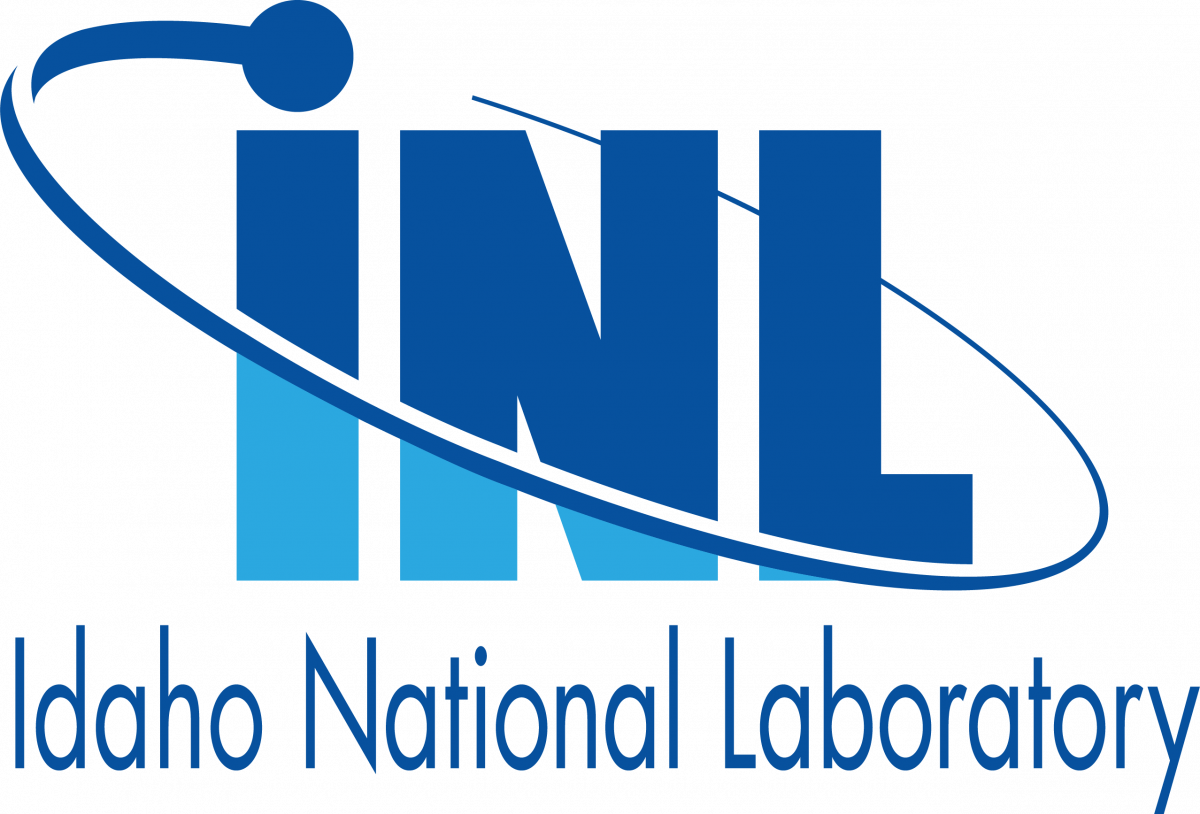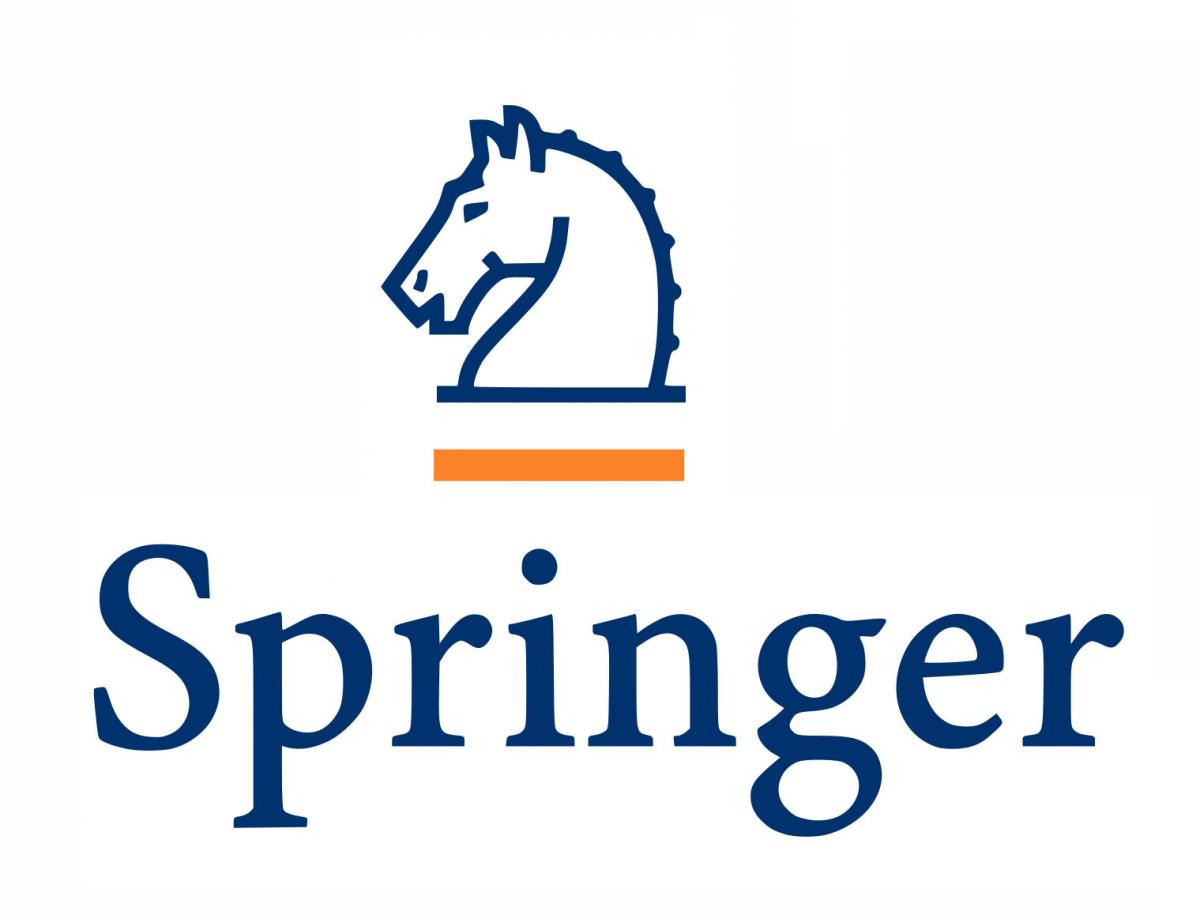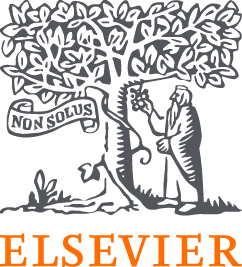Qizhi He, University of Minnesota Twin Cities
WaiChing Sun, Columbia University
Jiun-Shyan Chen, University of California, San Diego
Xiaolong He, Ansys Inc.
Recent advancements in physics-informed data-driven computation provide new possibilities for the modeling and simulation of complex problems in solid and geological mechanics. There are several promising directions emerging in the field, ranging from directly exploiting data for computational mechanics without constitutive laws, applying deep learning and manifold learning for highly nonlinear and high-dimensional problems, to integrating machine learning and dimensionality reduction techniques into physics-based models for accelerated multiscale modeling and discovery of the underlying constitutive laws and governing equations of complex material systems.
This mini-symposium aims to solicit research developments and applications that involve data-driven, model order reduction, and machine learning approaches for computational solid and geological mechanics, with topics that include but are not limited to
- Model-free data-driven computational mechanics
- Physics-informed machine learning for linear and nonlinear solid mechanics
- Data-assisted modeling of heterogeneous materials, including geomaterials, concrete, composites, among others
- Data-driven discovery of constitutive laws and governing equations
- Interpretable discovery driven by machine learning
- Causal discovery for explainable modeling
- Supervised/Unsupervised data/physics-driven learning of surrogate models
- Reduced-order real-time simulation of solid and geo-systems











